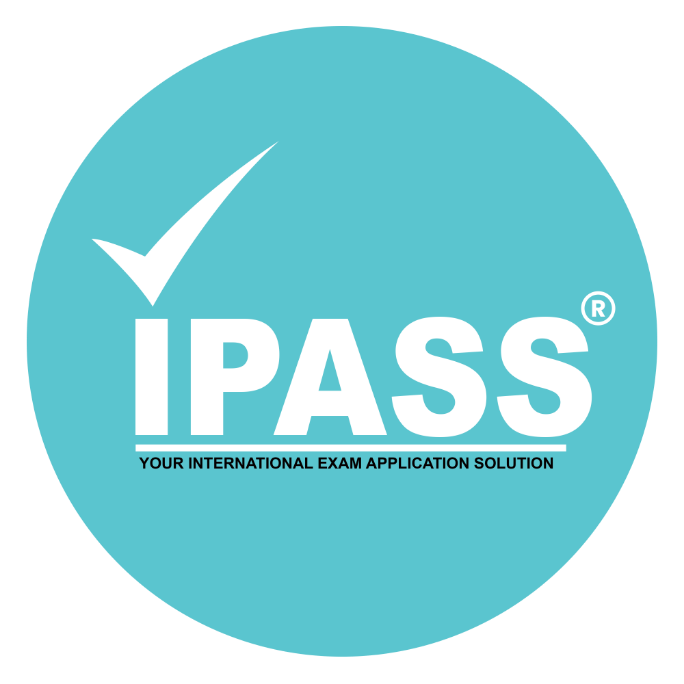Your cart is currently empty!

The Thriving Medical Job Opportunities in the UAE by 2030
For years, the world has grappled with one of the most prevailing challenges experienced across nations: the nurse shortage. The effects of the nurse shortage are extensive. They include increased workload for current nurses, lengthened patient wait times, compromised patient care, and raised stress levels among healthcare professionals. Thus, medical job opportunities in the UAE are steadily increasing.
Due to such a shortage, addressing this issue remains the most demanding task for governments worldwide. Likewise, healthcare providers and educational institutions must make concerted efforts to overcome the global nursing shortage and guarantee everyone access to high-quality healthcare.
Shortage of Nurses in the UAE
The United Arab Emirates (UAE) is no different than the rest of the world. The country strongly emphasizes healthcare infrastructure, technology, and human resources because it prioritizes offering its population top-notch healthcare services. To increase access to specialized medical treatments and experience, the UAE works to attract foreign healthcare providers.
However, as the nation’s healthcare system continues to grow, so do the job opportunities in the UAE for qualified medical professionals. The UAE is challenged to fill the gaps to meet its healthcare needs. Hence, they are turning to qualified international nurses to meet such requirements. In addition, reports suggest they will need more than 33,000 nurses and healthcare workers by 2030.
The need is driven by population growth, an aging workforce, and the rapid advances of innovations in the medical field, to name a few. Furthermore, expectations in 2030 are: Abu Dhabi will be 11,000 short of nurses and 5,000 short of allied health professionals. On the other hand, Dubai will need 11,000 physicians and 11,000 nurses.
Job Opportunities in the UAE
According to the Executive Director and Head of Development Solutions for Healthcare, Education, and Public-Private Partnerships in the Middle East and Africa Regions at Colliers, Mansoor Ahmed, as the region makes the transition to the adoption of new medical technologies, the demand is shifting from traditional skill sets to advanced medical education.
As the nation aims to cater to its new healthcare facilities and other specialized medical fields, it will also open its doors to internationally qualified nurses, healthcare professionals, and other specialized fields.
In-demand Medical Roles in the UAE
The UAE Capital will primarily seek out medical professionals in orthopedic surgery, radiation oncology, emergency medicine, and psychiatry. In the allied area, Abu Dhabi will have a strong demand for professionals in psychology, physiotherapy, occupational therapy, lab technicians, and emergency technicians.
Meanwhile, doctors in general medicine, general surgery, pediatrics, anesthetists, obstetrics, endocrinology, cardiology, and nephrology will be in high demand in Dubai.
Summing up
Because providing its population with excellent healthcare services is a primary priority, the UAE greatly emphasizes its healthcare infrastructure. Despite this, however, the workforce shortage in the healthcare sector is just as prevalent, preventing them from delivering and fulfilling their aim. Furthermore, the nation expects an increase in demand for qualified healthcare professionals and job prospects in the said field by 2030.
The country will need over 33,000 healthcare workers to bridge the gap in their current employment needs in the sector. They are most likely needed in two modernized Emirates in the UAE, Abu Dhabi and Dubai.
We at IPASS have your back! IPASS Processing offers its service to nurses who wish to apply for the NCLEX in the United States and Australia. We ensure to provide and deliver you a smooth and hassle-free NCLEX application. For more inquiries, contact us now!
Recommended Reads
- AHPRA Registration 2025: Updated Pathways for IQRNs
- The Benefits of Pursuing a Midwifery Career in the UK
- Types of Nurses: Discover Your Perfect Nursing Path
- IPASS Online NCLEX RN Review Course Now on Its 17th Cycle
- Pearson Vue NCLEX Testing Centers in the Philippines
Recommended Topics
- ASCPi (1)
- Australia (8)
- Canada (5)
- Exam Tips (28)
- General (120)
- IPASS Events (10)
- IPASS News (130)
- Middle East Nursing (17)
- NCLEX (62)
- New Zealand (3)
- NMBI Ireland (1)
- Online Review (13)
- PNLE Online Review (1)
- Tourist Visa (1)
- UKNMC (1)
- US Nursing (12)
- UWorld (1)
- VisaScreen (3)








Leave a Reply